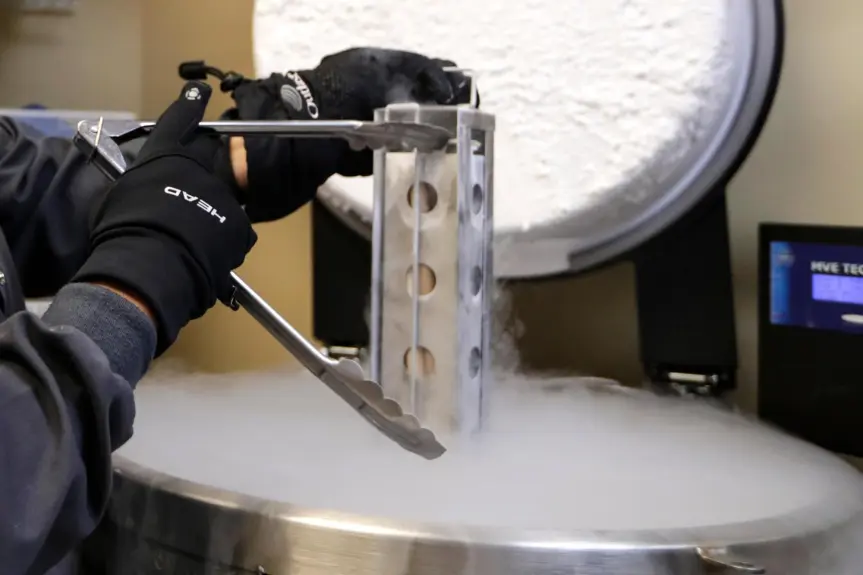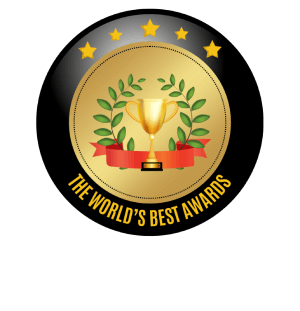As a personal injury attorney specializing in in vitro fertilization (IVF) embryo cases, I have witnessed the devastation of couples who have lost their future children due to medical negligence. These are not just cases of property loss or medical mishaps; they are stories of dreams shattered and families mourned before they even began.
Now, with recent immigration policies leading to increased deportations, a new and deeply troubling legal and ethical complexity arises for IVF clinics and the families they serve. Consider the following not from your personal beliefs about abortion and the beginning of personhood that blare from the news, but rather from the perspective of couples’ hopes for a family and their loss when it is not to be.
What happens when legal immigrants, who have banked embryos in the United States with the hope of one day starting or growing their families, are suddenly forced to leave? What becomes of their embryos, the very essence of their future lineage, if they are denied access to them due to their legal status?
IVF is already a highly emotional and legally intricate process. With evolving definitions of embryo personhood and an increasing number of state-specific reproductive regulations, the forced separation of individuals from their embryos adds another distressing layer to an already fragile situation. Unlike material assets that can be transported across borders, embryos are subject to strict regulations, and international relocation often involves significant legal, medical and ethical hurdles. Deportees may find themselves in an impossible situation — unable to retrieve or use their embryos, potentially losing them forever.
Florida law explicitly treats pre-embryos as property. The state’s IVF statute stipulates that their disposition must be set forth in a contract in the event of an “unforeseen circumstance,” which presumably includes deportation. Additionally, Florida case law and judicial precedents in divorce cases classify embryos as assets, subject to legal distribution. However, this legal framework does not currently address the specific challenges that arise when individuals are deported and left unable to exercise their parental rights.
The financial implications further complicate matters. Embryo storage incurs ongoing costs, and deported individuals still technically retain ownership of their property in the United States. But what happens when a deportee can no longer pay? Typically, abandoned embryos are removed from storage and discarded as medical waste. However, if embryos are considered more than mere property — if they are granted some form of legal protection — then the state may ultimately inherit them. No state, including Florida, has established a fund for indefinite embryo preservation. As deportations increase, will the state be forced to assume responsibility for these embryos? And if so, what will that responsibility entail?
This issue raises fundamental legal and human rights concerns. Should immigration status determine one’s ability to become a parent? Should government policies have the power to sever the ties between individuals and their future children? IVF clinics must now consider how to navigate these evolving challenges. Should they advocate for legal exceptions allowing embryos to be transported across borders with fewer restrictions? Should policies be enacted to protect individuals from being permanently severed from their right to parenthood due to shifting immigration laws?
These are not just theoretical questions — they are urgent, pressing matters that demand attention from lawmakers, legal professionals and the medical community. Reproductive rights extend beyond access to medical treatment; they include the ability to maintain custody over one’s embryos and to exercise the fundamental right to build a family.
No one should have to grieve a child they never had the chance to carry — not because of medical failure, and certainly not because of political circumstance. The ties that bind us to our future children should not be severed by borders or bureaucracy. We must demand better protections, better policies and, above all, a recognition of the humanity at the core of this issue.
The founder of Rader Law Group, Andrew Rader is within the top 1% of board-certified lawyers recognized by the Florida Bar in civil trial practice. In addition to the law firm’s other work, Rader handles cases related to reproductive negligence (embryo destruction) and unregulated behavior in the in vitro fertilization (IVF) sector.
View article: https://www.sun-sentinel.com/2025/02/23/an-overlooked-issue-in-mass-deportations-the-frozen-embryos-of-the-deported-opinion/












